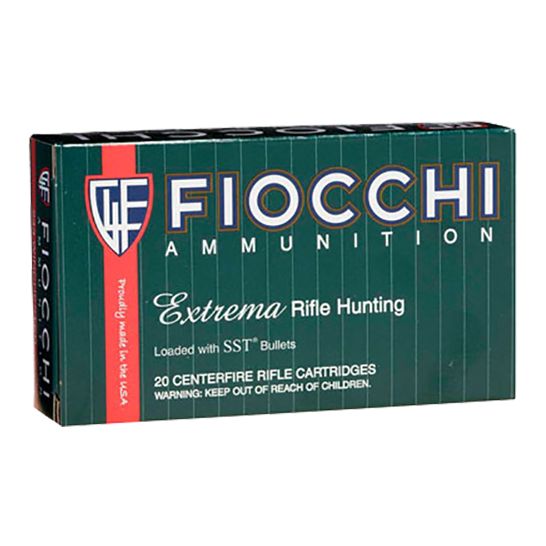Ammunition is a critical component in the performance and safety of firearms. Whether for hunting, target shooting, or tactical applications, understanding how different conditions affect ammunition can significantly enhance an individual’s shooting experience. Here we provide some essential tips and insights for handling and selecting ammunition across diverse conditions, ensuring both optimal performance and safety.
Understanding Ammunition Basics
Before diving into specific conditions, it’s crucial to grasp the basics of ammunition. Ammunition, or ammo, refers to the material fired, scattered, dropped, or detonated from any weapon. The most common components of modern small arms ammunition include the case, primer, propellant, and the bullet or projectile. Each element plays a crucial role in the ammunition’s performance, with variations designed to meet different needs.
Environmental Considerations
Temperature
Temperature can significantly impact ammunition performance. High temperatures can increase internal pressure in the cartridge, potentially leading to higher velocities and pressures than the firearm can safely handle. Conversely, cold temperatures can reduce pressures and velocities, affecting the bullet’s trajectory and impact point. Tips for managing temperature effects include:
- Avoid Direct Sunlight: Store ammunition in a shaded, cool place to prevent overheating.
- Acclimate Your Ammo: Allow your ammunition to acclimate to the surrounding temperature before use, especially if stored in a significantly different environment.
- Consider Manufacturer Guidelines: Some manufacturers offer ammunition designed to perform consistently across a wide range of temperatures.
Humidity and Moisture
Humidity and moisture are the enemies of ammunition, leading to corrosion of the case and primer, potentially rendering the ammunition unreliable. To combat moisture:
- Use Desiccants: Store ammunition with desiccant packs to absorb moisture.
- Airtight Storage: Keep ammunition in airtight containers to prevent exposure to humid air.
- Regular Inspection: Periodically check ammunition for signs of corrosion or damage.
Altitude
Altitude can affect ballistics, primarily due to air density changes. Higher altitudes have thinner air, offering less resistance to a bullet’s flight. While the effect is more pronounced in long-range shooting, understanding this can help in adjusting sights or scopes for accuracy. Tips include:
- Know Your Environment: Be aware of the altitude where you will be shooting and practice under similar conditions if possible.
- Use Ballistic Calculators: Modern ballistic calculators can adjust for altitude, helping shooters make necessary adjustments for accurate shots.
Handling Ammunition
Proper handling of ammunition is essential for safety and performance. This includes:
- Avoid Rough Handling: Dropping or rough handling can damage ammunition, affecting its performance.
- Keep Ammo Clean: Dirt or debris on ammunition can cause malfunctions. Keep both ammunition and the firearm’s chamber clean.
- Rotate Stock: Use older ammunition first to prevent aging effects from degrading performance.
Specialized Ammunition for Diverse Conditions
Manufacturers offer specialized ammunition designed to perform optimally in specific conditions. For instance, there are:
- Low Flash Powders: Ideal for low-light or night conditions, reducing the blinding effect of the muzzle flash.
- Water-Resistant Coatings: Some ammunition comes with water-resistant coatings, ideal for humid or wet environments.
- High Altitude Ammunition: Designed with specific propellants and bullet weights to perform better at higher altitudes.
Legal and Ethical Considerations
It’s essential to be aware of the legal and ethical considerations surrounding ammunition use. This includes understanding and complying with local laws and regulations, choosing ethically appropriate ammunition for hunting (such as lead-free options in areas where lead ammunition is banned), and always prioritizing safety for yourself and others.
Conclusion:
Ammunition performance can be influenced by a variety of environmental and handling factors. By understanding these effects and taking appropriate measures, shooters can ensure that their experience is both safe and successful, regardless of the conditions. Staying informed about the latest ammunition technologies and practices is also crucial, as advancements continue to offer new solutions to age-old challenges. Whether you’re a seasoned shooter or a novice, paying attention to these details can significantly enhance your shooting performance and enjoyment, especially when selecting versatile options like .308 Winchester ammo.











